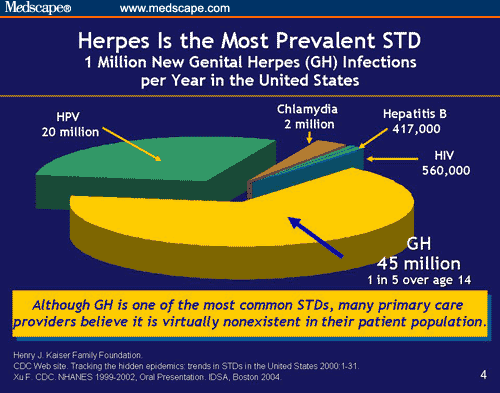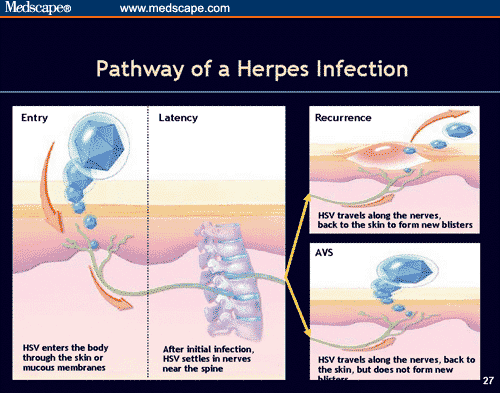One out of every six americans aged 14 to 49 has a genital herpes hsv 2 infection

One out of every six Americans aged 14 to 49 has a genital herpes HSV-2 infection.

Genital herpes, caused by the herpes simplex virus (HSV-2), is a common sexually transmitted infection (STI) that affects a significant portion of the American population. According to recent studies, approximately one out of every six individuals aged 14 to 49 in the United States has a genital herpes HSV-2 infection 1^. This startling fact highlights the importance of understanding and addressing this prevalent health concern.
Contrary to popular belief, genital herpes is not limited to promiscuous individuals or those engaging in risky behavior. It can affect anyone who is sexually active, regardless of gender, age, or relationship status. This infection spreads through direct contact with the herpes simplex virus, typically during sexual activities including vaginal, anal, or oral sex. Moreover, it is possible for the virus to be transmitted even when there are no visible symptoms, leading to an increased risk of unknowingly spreading the infection.

While genital herpes can have a significant impact on an individual’s physical and emotional well-being, it is essential to remember that it is a manageable condition. Antiviral medications can help reduce the frequency and severity of outbreaks, as well as decrease the risk of transmission to partners. Open communication with sexual partners and the use of barrier methods, such as condoms or dental dams, can further reduce the risk of spreading the infection.
Knowledge and education play a crucial role in preventing the spread of genital herpes. By understanding the importance of regular STI screenings, individuals can take proactive steps towards their sexual health. It is vital to get tested regularly, especially if engaging in sexual activities with new partners. Early detection allows for prompt treatment, reducing the risk of transmission and potential complications.
In conclusion, the fact that one out of every six Americans aged 14 to 49 has a genital herpes HSV-2 infection highlights the significance and prevalence of this condition within the population. It serves as a reminder for individuals to prioritize their sexual health, engage in open communication with partners, and seek early medical intervention if necessary. By raising awareness and promoting responsible sexual behavior, we can work towards minimizing the spread of genital herpes and ensuring the well-being of individuals across the country.
Sources:
- Centers for Disease Control and Prevention (CDC). Sexually Transmitted Disease Surveillance 2018 - Genital Herpes. https://www.cdc.gov/std/stats18/herpes.htm (accessed April 15, 2022) ↩
Tags
Share
Related Posts
Quick Links
Legal Stuff

